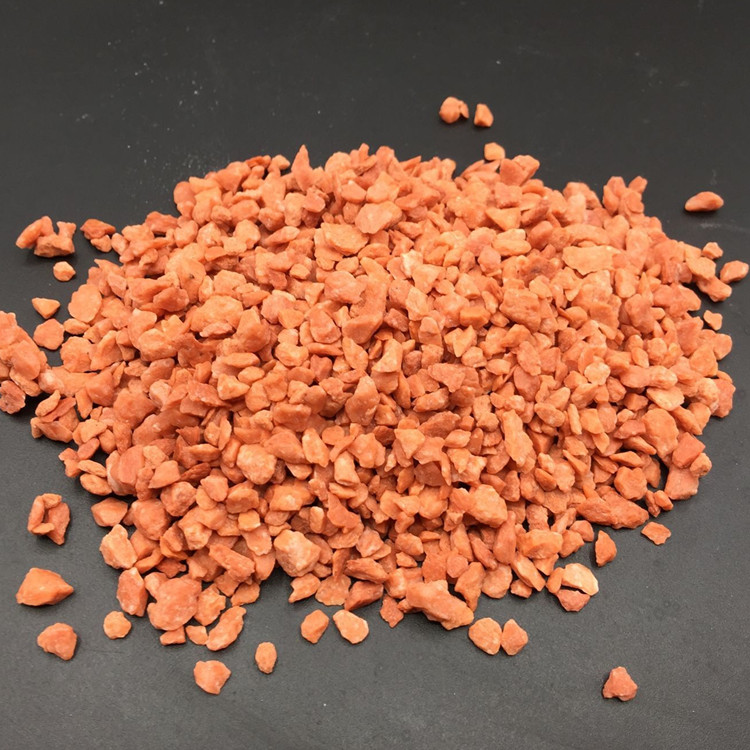
Set . 10, 2024 05:48 Back to list
ammonium sulfate fertilizer for fruit trees manufacturer
The Role of Ammonium Sulfate Fertilizer in Fruit Tree Cultivation
Ammonium sulfate fertilizer has gained significance in the cultivation of fruit trees due to its unique nutrient composition and effectiveness in boosting tree growth and fruit production. As a highly soluble nitrogen source, ammonium sulfate provides essential nutrients that are readily available for uptake by plants, making it an invaluable choice for fruit tree growers across the globe.
Nutrient Composition
Ammonium sulfate contains approximately 21% nitrogen and 24% sulfur, which are critical for the healthy growth and development of fruit trees. Nitrogen is a vital element necessary for vigorous vegetative growth, leaf development, and overall plant health. On the other hand, sulfur plays a crucial role in photosynthesis, enzyme function, and protein synthesis. This dual nutrient profile aids fruit trees not only in establishing strong root systems but also in enhancing the quality and quantity of fruit produced.
Benefits for Fruit Trees
1. Enhanced Growth Ammonium sulfate promotes lush foliage, which is essential for photosynthesis. Healthy foliage translates to better energy production, thereby supporting the growth of branches and fruiting bodies. 2. Improved Fruit Quality The balanced nutrient supply from ammonium sulfate contributes to the development of larger and more flavorful fruits. This can significantly improve marketability and consumer satisfaction, making it a preferred choice for commercial fruit growers.
ammonium sulfate fertilizer for fruit trees manufacturer

3. Soil Health The application of ammonium sulfate can help in maintaining optimal pH levels in the soil. The sulfur component aids in the acidification of alkaline soils, providing a more favorable environment for nutrient absorption and enhancing microbial activity.
4. Cost-Effective Solution As a soluble fertilizer, ammonium sulfate is often more affordable compared to other nitrogen sources. Its efficient nutrient release helps in reducing the frequency of applications, making it a cost-effective solution for fruit tree management.
Application Guidelines
When applying ammonium sulfate, it is crucial to follow soil test recommendations to avoid excessive nitrogen, which can lead to problems such as leaf burn or reduced fruit quality. Typically, it is applied in early spring as trees begin to leaf out, ensuring that the nutrients are available during the critical growth phases.
In conclusion, the use of ammonium sulfate fertilizer in fruit tree cultivation offers numerous benefits that enhance tree health, fruit quality, and overall productivity. Its unique nutrient composition provides a balanced feed that supports growth and fruit development. As fruit tree growers increasingly seek sustainable and effective solutions, ammonium sulfate stands out as a reliable choice for achieving optimal results in fruit production. By ensuring proper application and adhering to best practices, farmers can maximize the benefits of this valuable fertilizer and enjoy a bountiful harvest.
-
10-10-10 Organic Fertilizer - Balanced NPK Formula
NewsAug.02,2025
-
Premium Organic Manure Compost for Eco Gardens
NewsAug.01,2025
-
Organic 10-10-10 Fertilizer | Balanced Plant Nutrients
NewsJul.31,2025
-
Premium Amino Acid Fertilizer | Rapid Plant Growth Booster
NewsJul.31,2025
-
10 10 10 Fertilizer Organic—Balanced NPK for All Plants
NewsJul.30,2025
-
Premium 10 10 10 Fertilizer Organic for Balanced Plant Growth
NewsJul.29,2025
